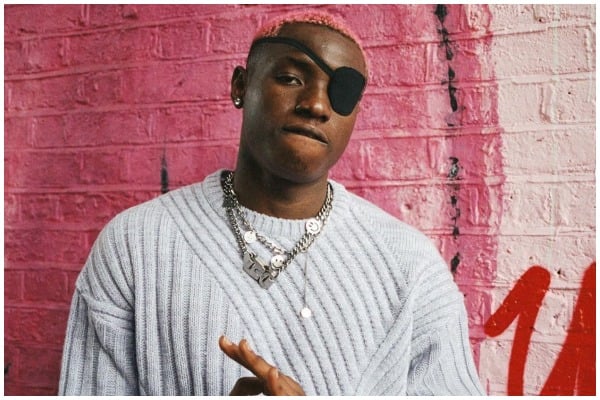As Nigeria laid former President Muhammadu Buhari to rest in his hometown of Daura, Katsina State, political leaders past and present gathered to pay their final respects. President Bola Ahmed Tinubu, along with former heads of state, governors, and international dignitaries, attended the solemn Islamic burial ceremony following the late president’s death in a London hospital at the age of 82.
Vice President Kashim Shettima accompanied Buhari’s remains from the United Kingdom in line with directives from the presidency. National flags flew at half-mast across the country, and an emergency Federal Executive Council (FEC) meeting was announced in his honour.
President Tinubu described Buhari as “a patriot, a soldier, and a statesman” in an official statement. Yet beyond the ceremonial tributes, the moment has reignited deep national conversations about Buhari’s legacy particularly his health-related absences, economic policies, and his controversial war on corruption.
A General Remembered, A Legacy Reexamined
Though praised by his allies for his discipline and patriotism, Buhari’s leadership is also remembered for its rigid style, an economic downturn, and allegations of authoritarian tendencies. His tenure was marked by repeated medical trips abroad 13 in total underscoring lingering concerns about elite access to foreign healthcare while Nigerian hospitals remained underfunded.
With Buhari’s passing, there is a palpable tension between commemoration and critique. His burial may have closed a chapter, but it has also opened space for critical reflection on how Nigerian leaders are remembered and what truly defines national service.
Key Outcomes:
- State Burial and National Mourning: Buhari was buried in Daura according to Islamic rites, with full state honours and attendance by President Tinubu, ex-presidents, and international figures.
- Legacy Under Debate: While Tinubu and Obasanjo offered tributes, Nigerians remain divided over Buhari’s record, particularly regarding his handling of the economy, insecurity, and healthcare.
“We mourn, yes. But let’s not pretend we forget. Buhari represented both promise and paralysis. His burial should also bury the culture of unaccountability,” said Zainab Okon, a political analyst based in Abuja.
Tgpbaze Editorial Voice:
Nigeria buries a former leader, but the memory of his rule both firm and flawed lingers. As flags drop to half-staff, we must raise our expectations of public service. Mourning should not silence honest assessment. In the end, history doesn’t only honour what is remembered it judges what is learned.





















JOIN THE DISCUSSION